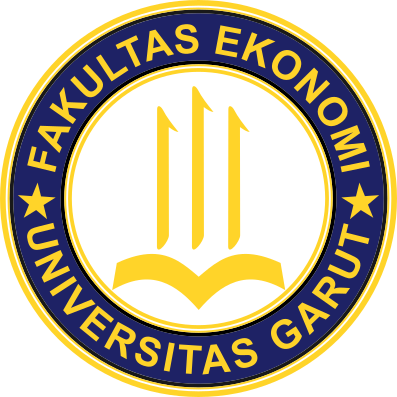Vision:
“To Become a National Center for Tourism Education and Research Development in 2023”
Mission:
- Organize higher education processes oriented toward the understanding and development of tourism science.
- Produce graduates capable of mastering and applying Tourism Science to become experts and professionals in their field, educators, consultants, researchers, and to help address tourism issues in society.
- Apply research findings to address various issues in the field of tourism through community engagement.
- Collaborate with the government and stakeholders in the field of tourism.
Objectives:
- Graduates with knowledge and skills in Tourism Science and other supporting sciences according to the curriculum of HILDIKTIPARI (Association of Higher Tourism Education Institutions).
- Become professionals in the field of tourism in accordance with the quantity and qualifications of human resources needed for jobs and positions in the tourism industry.
- Produce graduates capable of conducting research, community engagement, and capacity development that aligns with the development of science, particularly in the field of Tourism, in completing their final assignments.
- Produce graduates with high competitiveness and the ability to be self-employed, based on creative, critical, productive, ethical, and personal thinking.
- Prepare graduates of this education to continue to higher-level postgraduate programs, both domestically and internationally.
Targets:
- Implementation of the three pillars of higher education (education, research, and community service).
- Enhance expertise in formulating policies, human resource development, design, and management of tourism products and services in tourism development (at the local, regional, and national levels) with reference to the concept of sustainable tourism.
- Effective and efficient management.
- Develop a tangible mindset and initiative in providing solutions to tourism development issues with conceptual recommendations that are applicable and implementable.
- Create self-reliant graduates who can seize opportunities, create and realize concepts, and develop resource potentials into tourism businesses.
- Develop a curriculum based on analysis (conceptual, case studies, and problem-solving).
